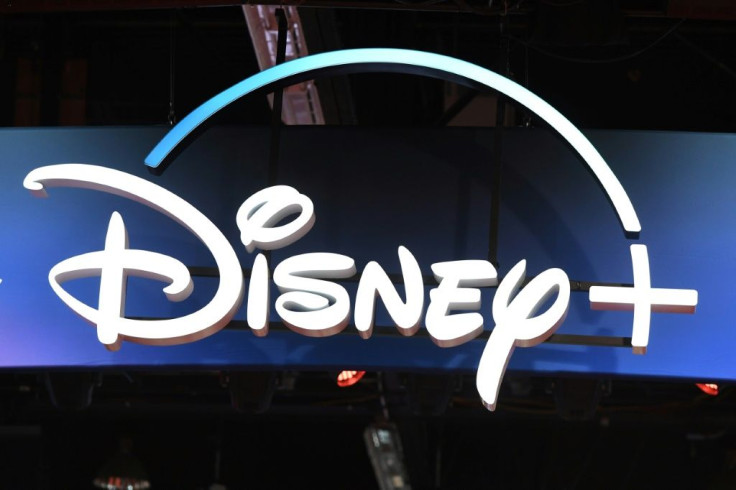Disney+ Has 1 Major Advantage Over Netflix

Earlier this year, investors lauded Netflix (NASDAQ:NFLX) for its pricing power with customers. Despite raising its subscription prices in its core U.S. market, customer churn was nearly nil. The same has been true for its price increases internationally. But it's unclear how long the streaming giant can keep raising prices to help fund its content costs and please investors. At some point, customer churn will probably begin to outweigh the benefits of incremental subscriber revenue from price increases.
This is where Walt Disney's (NYSE:DIS) major advantage comes in for its new Disney+ streaming service. Sure, the streaming service is subscription-based, just like Netflix. But Disney's recent move to take full control of Hulu gave Disney+ a secret weapon. By offering Disney+ as part of a bundle with ad-supported Hulu and ESPN+, Walt Disney can monetize a portion of its Disney+ subscribers with ads in a roundabout fashion. This is key because ad-supported streaming TV is proving to be extremely lucrative.
Hulu: Disney's monetization tool for streaming
While users can subscribe to Disney+ for $6.99 a month, they can also gain access to the service through a bundle that includes Disney+, the ad-supported version of Hulu, and ESPN+ for $12.99 a month.
While the value proposition in this trio for consumers is a lower total price for all three services than when they are purchased separately, the value to Disney comes from extra eyeballs on Hulu, where the company benefits from lucrative streaming-TV ads. The incremental Hulu audience gained through this bundle can be monetized by making more advertising inventory available on Hulu.
As Disney CEO Bob Iger explained in the company's fourth-quarter earnings call, Hulu is exemplary when it comes to monetization.
Hulu is a significant driver of advertising revenue. ... [A]d supported Hulu has very high [average revenue per user], which is one of the reasons [...] that it's being bundled with ESPN Plus and Disney Plus for that $12.99 price, because the value of an ad-supported Hulu subscriber given the advertising revenue that it drives is very, very high. ESPN[+] -- there are also opportunities for growth, but probably the biggest opportunity is on the Hulu front.
Soaring growth in connected TV ads
Netflix reiterated earlier this year that it does not plan to offer an ad-supported version of its service alongside the ad-free Netflix we know today. "[W]hen you read speculation that we are moving into selling advertising, be confident that this is false," said management in the company's second-quarter shareholder letter.
But Netflix is missing out on a major tailwind that Disney has positioned itself to benefit from. Consider Roku's more than doubling of monetized ad inventory on its platform year over year. Further, the company's trailing-12-month average revenue per user on its platform is now $22.58 (up 30% year over year) -- growth that has been fueled primarily by increased advertising spend.
There's significant room for upside in connected TV advertising. Indeed, it wouldn't be surprising to see growth rates for U.S. ad spend in this advertising channel accelerate in 2020. Despite an estimated 29% of U.S. TV viewing currently occurring over the internet, only about $5 billion of $70 billion of U.S. TV ad spend is currently being spent on connected TV annually -- and connected TV's share of this ad spend is growing rapidly.
Walt Disney has positioned itself at the center of this important opportunity while Netflix is actively sitting it out. While Disney+ may not directly benefit from advertising revenue, it can at least indirectly drive ad revenue by drawing in more Hulu users via the Disney+, Hulu, and ESPN+ bundle.
This article originally appeared in the Motley Fool.
Daniel Sparks has no position in any of the stocks mentioned. The Motley Fool owns shares of and recommends Netflix and Walt Disney and recommends the following options: long January 2021 $60 calls on Walt Disney and short January 2020 $130 calls on Walt Disney. The Motley Fool has a disclosure policy.




















